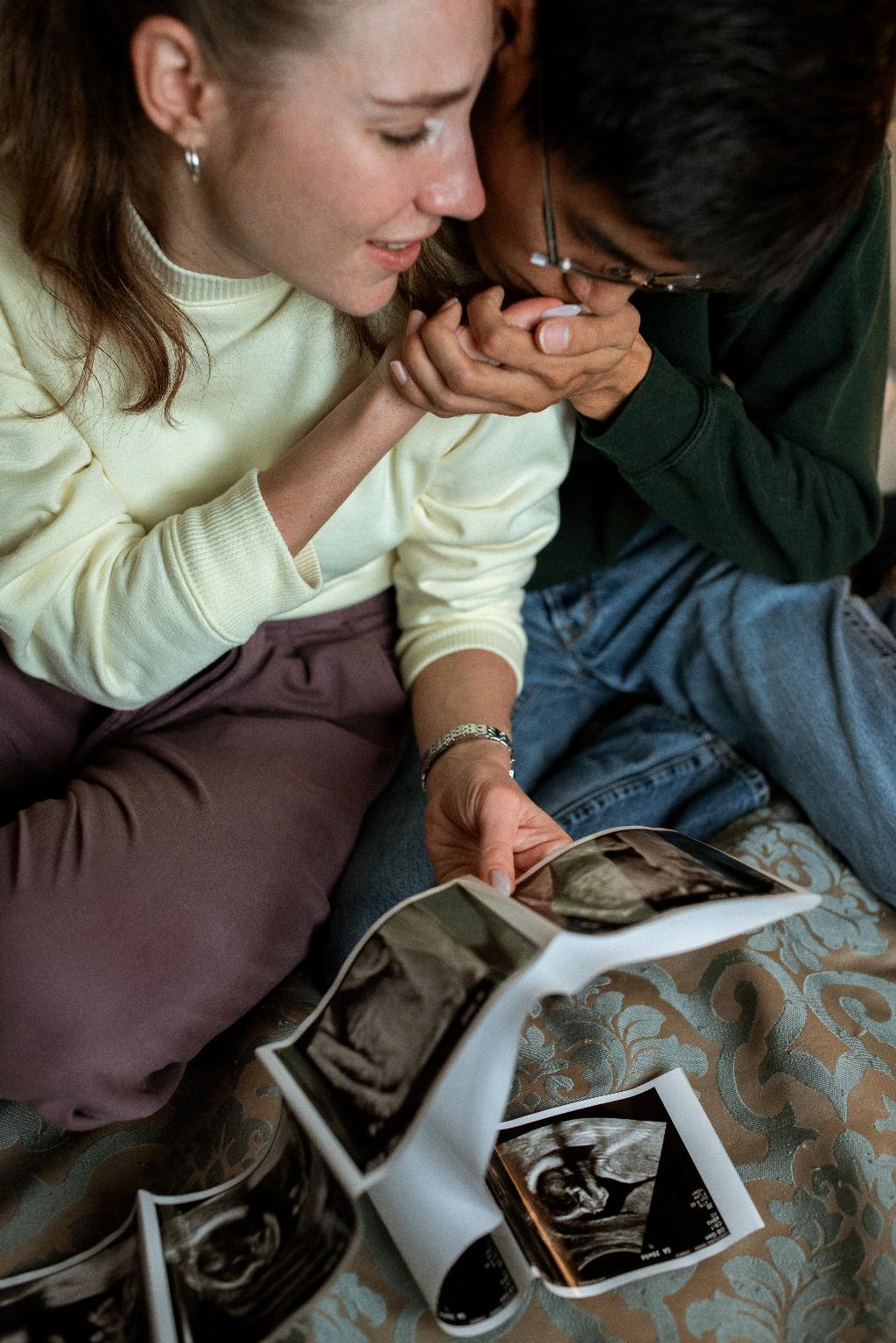When it comes to the complex world of fertility and pregnancy, the terms “conception” and “conceive” are often used interchangeably. However, there is a subtle yet significant difference between the two that is important to understand.
First, let’s break down the definition of each term. Conception specifically refers to the moment when a sperm cell fertilizes an egg cell, resulting in the formation of a zygote. This marks the beginning of a pregnancy, as the fertilized egg starts to divide and grow into an embryo.
On the other hand, “conceive” is a broader term that encompasses the entire process of becoming pregnant, from the initial act of intercourse to the successful implantation of the fertilized egg in the uterus. While conception is a crucial part of the conceiving process, it is just one step in the overall journey towards parenthood.
It’s important to note that conception is often used to refer specifically to the biological event of fertilization, while conceiving encompasses a wider range of factors that contribute to the ability to get pregnant.
When considering the question of whether conception and conceiving mean the same thing, it’s clear that while they are closely related concepts, they are not entirely synonymous. Conception is a specific moment in the reproductive process, while conceiving is a more holistic term that encompasses a variety of factors that impact fertility.
Factors such as ovulation, sperm motility, egg quality, and overall reproductive health all play a role in the ability to conceive, beyond just the act of fertilization. Understanding these factors can help individuals and couples navigate their fertility journey more effectively.
If you are trying to conceive and have concerns about your fertility, it’s important to consult with a healthcare provider or fertility specialist. They can help assess your individual situation, identify any potential challenges, and offer guidance on optimizing your fertility for conception.
Ultimately, while conception and conceiving are related terms in the realm of reproduction, they each carry distinct meanings that are important to differentiate. By understanding the nuances of these terms, individuals can better navigate the journey towards parenthood with clarity and informed decision-making.

